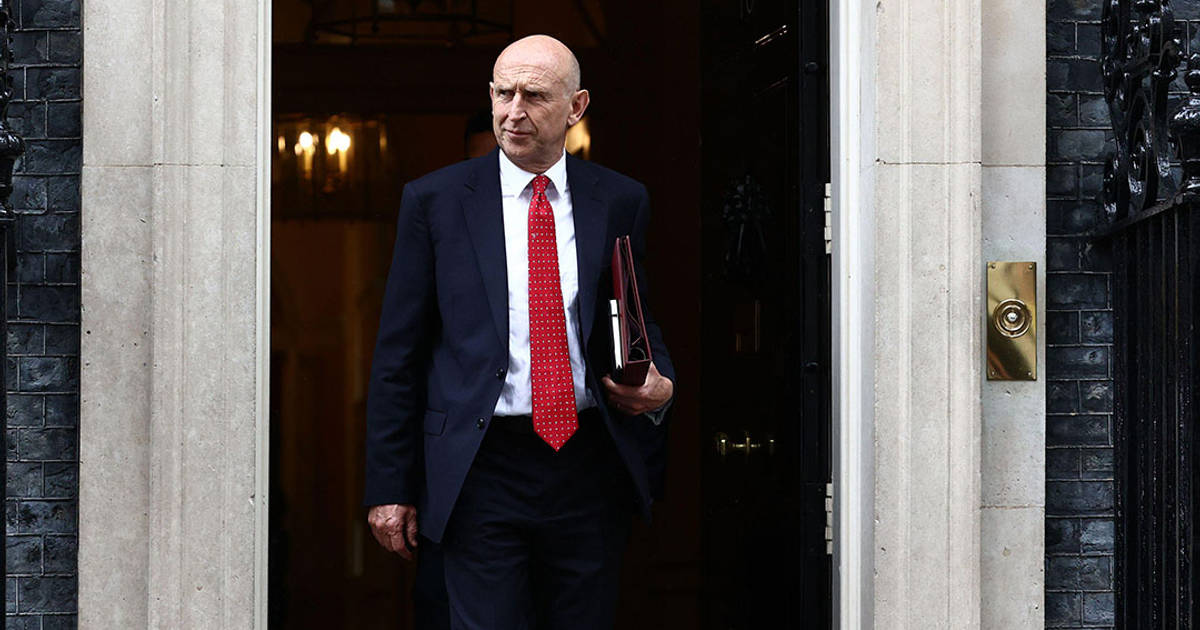The UK will inevitably experience frustrations as a partner of the EU, with different tempos in their respective policymaking machinery. As recent examples, the UK and EU have both embarked on counter-Houthi naval operations in the Red Sea and training for Ukrainian soldiers, but it took the EU a considerable time to agree on the structure for its own missions. In the interim, the UK made other arrangements – supporting the US in the former and choosing to establish its own Ukraine training mission, where the speed of implementation attracted the participation of Finland and Sweden – then EU but not NATO members – in advance of the establishment of the EU Training Mission. An agility disparity would likely persist even if a formal UK–EU agreement is reached.
Mechanisms
The new UK government should focus on agreeing a ‘UK–EU Joint Declaration on defence and security’ as soon as practically possible to set a strong direction of travel. This would affirm the designation of each party as key allies who should engage in foreign, security and defence cooperation of a scale and scope that reflects their status. The Declaration would also set out a roadmap for substantive areas of cooperation to form building blocks for a modernised relationship. If this could be agreed in the remainder of this year, the UK could then use its strong relationship with Poland – as it takes over the rotating EU Council Presidency from 1 January 2024 – to undertake the substantive negotiations, also knowing the outcome of the US presidential election.
Such a Declaration would not conflict with the existing TCA, nor require its revision. However, the periodic review of the TCA, first set for 2026, might be used to reconsider whether the limited provisions that it contains on UK–EU cooperation on international issues might be adjusted to be more expansive. The TCA review timetable would also align with the announced timeline for the Strategic Defence Review that Labour has pledged for its first year in office. This would allow for clarity from a new UK government as to the ideal form and function of cooperation with the EU on defence and security. Moreover, it would be wise to keep defence and security policy as a separate mechanism from the TCA in order to increase flexibility in a fast-changing European security environment.
What Substantive Areas Should It Cover?
A UK–EU Declaration should prioritise substantive areas for cooperation, rather than institutional landmarks, as the key to a close relationship.
First, there needs to be a full alignment of Ukraine and Russia strategies for the long term. Supporting Ukraine to liberate its territory and denying Russia any strategic benefit from its invasion is a shared priority. While the current political strategy is set in NATO and the G7/Quad, as Ukraine moves down the road towards EU and NATO membership, there will be a need for better UK–EU coordination. The UK no longer has a say in EU enlargement, but it does have a significant stake in its successful conclusion – and, unlike the EU, the UK has a direct say in NATO’s enlargement. Both the EU and the UK will have a shared interest in Ukraine’s dual membership tracks proceeding in a synchronised manner.
Second, there is China and the Indo-Pacific. The UK and the EU both have Indo-Pacific strategies, alongside five other individual European countries. As such, the broad European approach to China is disconnected and very piecemeal in some areas. At a minimum, the EU and UK need closer coordination (notably on the Indo-Pacific), especially as the UK is making long-term defence commitments through AUKUS and the Global Combat Air Programme that will be more effective if better coordinated. Moreover, for both the UK and the EU, greater European coordination may be necessary to manage any deconfliction with the US in its intent and interests in the Indo-Pacific.

